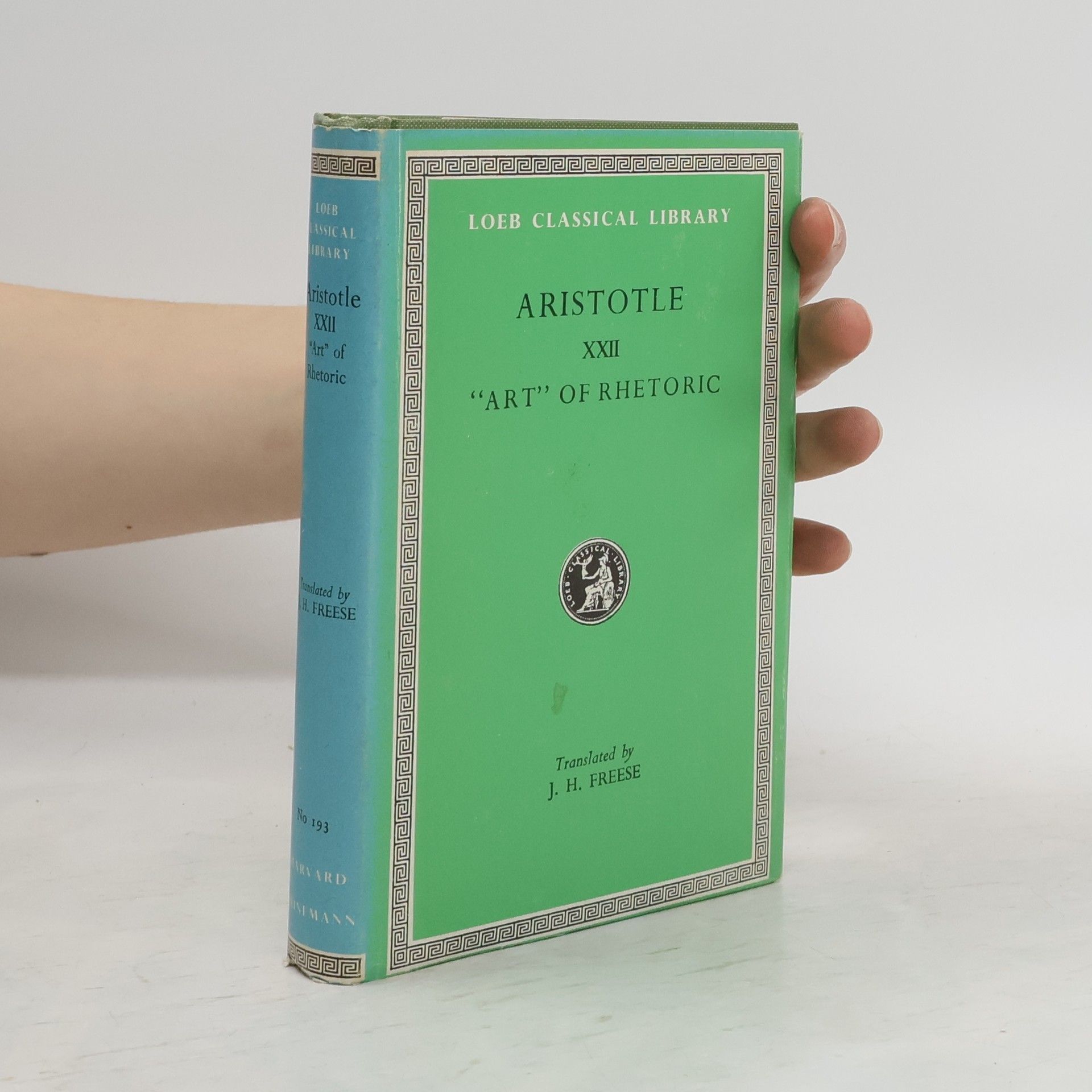Edited by Richard McKeon, with an introduction by C.D.C. Reeve Preserved by Arabic mathematicians and canonized by Christian scholars, Aristotle’s works have shaped Western thought, science, and religion for nearly two thousand years. Richard McKeon’s The Basic Works of Aristotle—constituted out of the definitive Oxford translation and in print as a Random House hardcover for sixty years—has long been considered the best available one-volume Aristotle. Appearing in paperback at long last, this edition includes selections from the Organon, On the Heavens, The Short Physical Treatises, Rhetoric, among others, and On the Soul, On Generation and Corruption, Physics, Metaphysics, Nicomachean Ethics, Politics, and Poetics in their entirety.
C. D. C. Reeve Books
C. D. C. Reeve is a philosopher whose work delves deeply into the ancient Greek tradition, with a particular focus on Plato and Aristotle. His scholarly interests extend broadly, encompassing general philosophy and extending into the philosophy of sex and love, as well as explorations of film. Reeve's contributions also include significant translations of classical Greek texts. He brings a rigorous analytical approach to understanding foundational philosophical ideas.



Aristotle's Chemistry
- 280 pages
- 10 hours of reading
This new translation of On Coming to Be and Passing Away and Meteorology 1 and 4 fits seamlessly with the other volumes in the New Hackett Aristotle Series, enabling Anglophone readers to study these works in a way previously not possible. The Introduction describes the book that lies ahead, explaining what it is about, what it is trying to do, how it goes about doing it, and what sort of audience it presupposes. Sequentially numbered, cross-referenced endnotes provide the information most needed at each juncture, while a detailed Index indicates the places where focused discussion of key notions occurs.
The "Art" of Rhetoric
- 491 pages
- 18 hours of reading